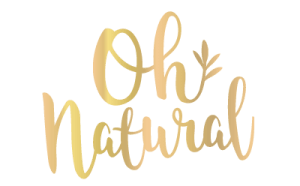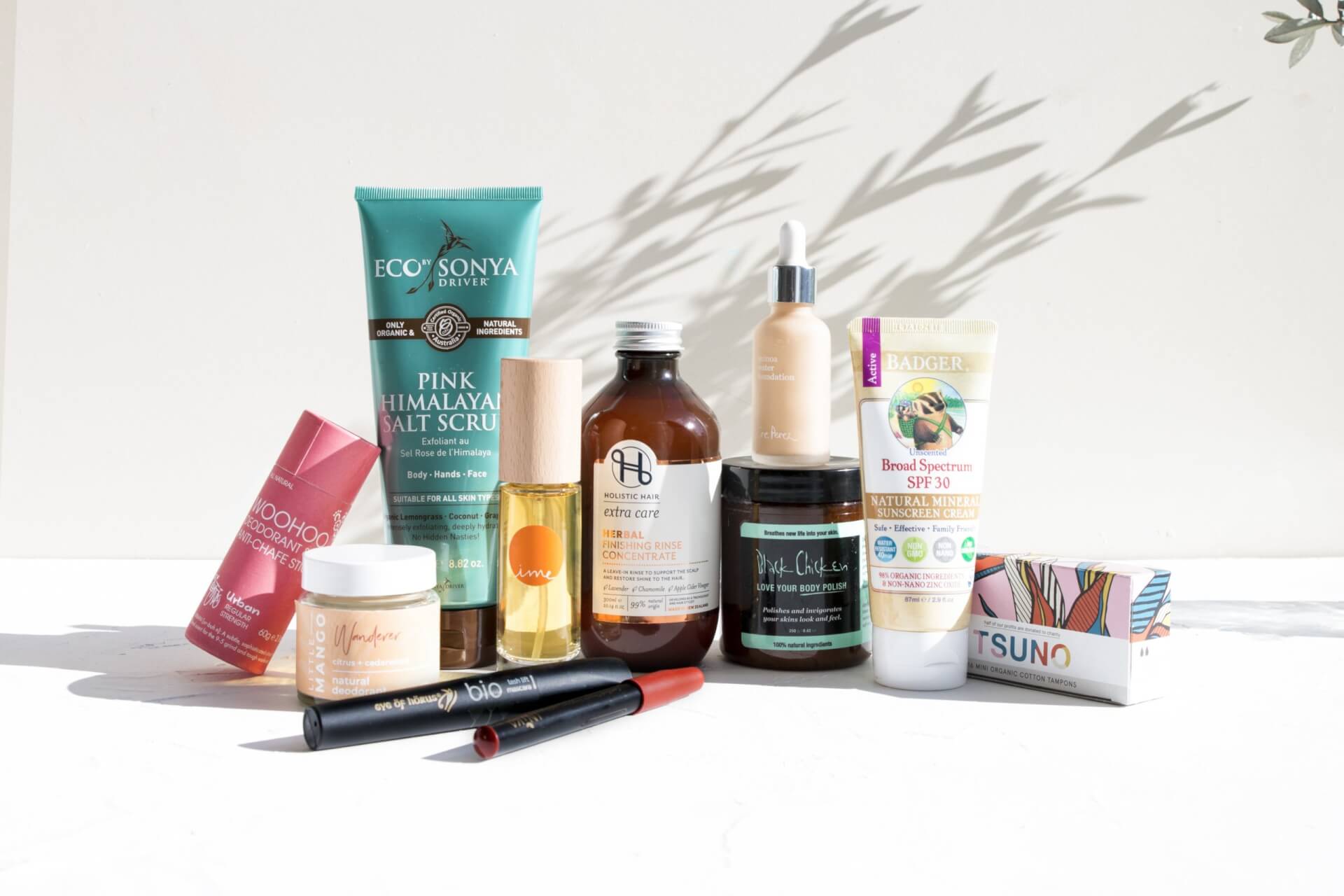Wellness
The down low on the gut biome – Taking care of good bacteria!
Why is your Gut Biome so important, and what influence can it have on our health?
Naturopath and Medical Herbalist at Oomph, Lisa Fitzgibbon, explains that our gut biome is in fact 1.3 – 2 kg of symbiotic bacteria living in our digestive system – these microbial cells out-number our human cells by ten to one – leading us to wonder who is hosting who! We have around 100 trillion bacteria in our body, which are made up of around 10,000 different strains at any one time.
Lisa Said: “It is now believed that the make-up of our gut microbiome is more influential in determining our level of health than our genetic make-up! It is made of many strains (different varieties of bacteria) that produce various molecules. These chemicals are responsible for a number of metabolic processes critical for life such as nutrient assimilation, immune function, and energy production.”
Your Gut Biome can influence your mental health & happiness
The chemical signals that the gut microbiome release can also influence our emotional and mental health. Kinesiologist and Master Pilates Instructor at Suna Pilates, Susie Cleland, says this knowledge is crucial to her wellness work.
Susie said: “When we see a Kinesiology client present with multiple issues like physical pain, depression, emotional imbalance, bloating, gut issues, etc – EVERY TIME, the gut biome is involved. It is essential to strengthen your gut microbiome, and we use metabolic typing to ensure that you feed it right. After all, we are more bacteria than we are human – you ARE your microbiome! When you look after your gut health, your whole body will do better on every single level.”
More and more research is emerging that connects the health of our gut microbiome with conditions such as anxiety, depression, Aspergers, Dementia, OCD, and ADD/ADHD.
Neuroscience News said: “The findings included evidence of the gut-microbiome’s formation and influence beginning already in the very earliest stages of life in-utero… [they also found] evidence that depression may also be attributable to disturbances to the gut microbiome at any point during a person’s life, which can be due to stress, diet, and of course medications such as antibiotics. These findings promote the idea that attention to nutrition and diet may be a practical and effective complement to existing strategies for the treatment of depression.”
Your Gut Biome can affect what and how you eat
Seriously, these little critters need keeping in line!
Lisa Said: “Do you sometimes feel like you literally have no control over your cravings? Well, there might actually be a biological reason for this! Bad bacteria can override your brain function (and your behaviour) by releasing signalling molecules into our gut. These molecules ‘talk’ to the immune, endocrine and neural pathways of the brain-gut-microbiota axis. Bacteria can stage a take-over by: drawing you toward the food that they find appealing, inducing you to eat more by making your brain send out more hunger-boosting hormones, and releasing chemicals that make us feel good when they get what they want (or releasing toxins to punish us if we don’t ‘behave’)!”
Your Gut Biome can influence gene expression
Incredibly, scientists have shown that our gut biome can influence gene expression – so eating more varied foods raises the chance that you will maximise the potential of your DNA.
Science Daily said: “New research is helping to tease out the mechanics of how the gut microbiome communicates with the cells of its host to switch genes on and off. The upshot of the study, another indictment of the so-called Western diet (high in saturated fats, sugar and red meat), reveals how the metabolites produced by the bacteria in the stomach chemically communicate with cells, including cells far beyond the colon, to dictate gene expression and health in its host.”
Potentially, a healthy Gut Biome with the right strains of bacteria, can help all kinds of conditions
- Like Gastrointestinal conditions, Constipation & Diarrhoea, Bloating, Nausea, Irritable Bowel Syndrome (IBS), Colitis, Bowel disease, Crohn’s disease, Ulcerative disease, Gastroesophageal reflux disease (GERD).
- And skin conditions like Psorasis, Eczema, Rashes.
- And Mental Health issues like Anxiety, Depression, OCD, ADD/ADHD, Aspergers, Dementia.
- And other complaints like Obesity, Hormonal complaints, Gum disease, Allergies, Asthma, Diabetes, Autoimmune disease e.g Rheumatoid arthritis, Heart disease, Cancer.
How can you create a healthy, helpful Gut Biome?
1. Eating a healthy diet full of variety is key. Browse our Food & Drink category for inspiration on wellness (and beauty!) from within. Avoid sugary foods and over processed products – and as the saying goes, ‘Eat food. Not too much. Mostly plants‘. Fermented and cultured foods can be fantastic but be aware that some people can suffer histamine intolerance and reactions.
Lisa Said: “Garlic is great for killing-off bad bacteria, and both Slippery Elm and Garlic are fabulous for feeding good bacteria. Keep your good bacteria healthy with the foods they love to devour: veggies like radishes, carrots, asparagus, garlic, artichokes, fruit like berries, apples and pineapple, fermented foods like sauerkraut and kimchi, and foods with culture like greek yoghurt, sourdough and miso.”
2. Where possible avoid antibiotics, artificial sweeteners, sugar, sprayed produce, GMOs, and overly sterilized environments.
3. Work on supporting the good bacteria and challenging the bad ones!
4. Observe basic wellness principles like – get enough sleep, exercise and sweat, de-stress, get dirty, enjoy life!
Who can help me?
There is no one-size-fits-all when it comes to your gut microbiome. In fact you may have a strain of bacteria in your gut that no-one else in the world does! The rule is to work on supporting your microbiome with the foods that are healthy for you.
If you want to try Metabolic Typing and Kinesiology to find out what your body needs and how to strengthen your gut health, we recommend Suna Pilates.
If you are keen to speak to a Naturopath and Medical Herbalist about improving the health and function of your Gut Biome, we recommend Lisa at Lisa at Oomph.


